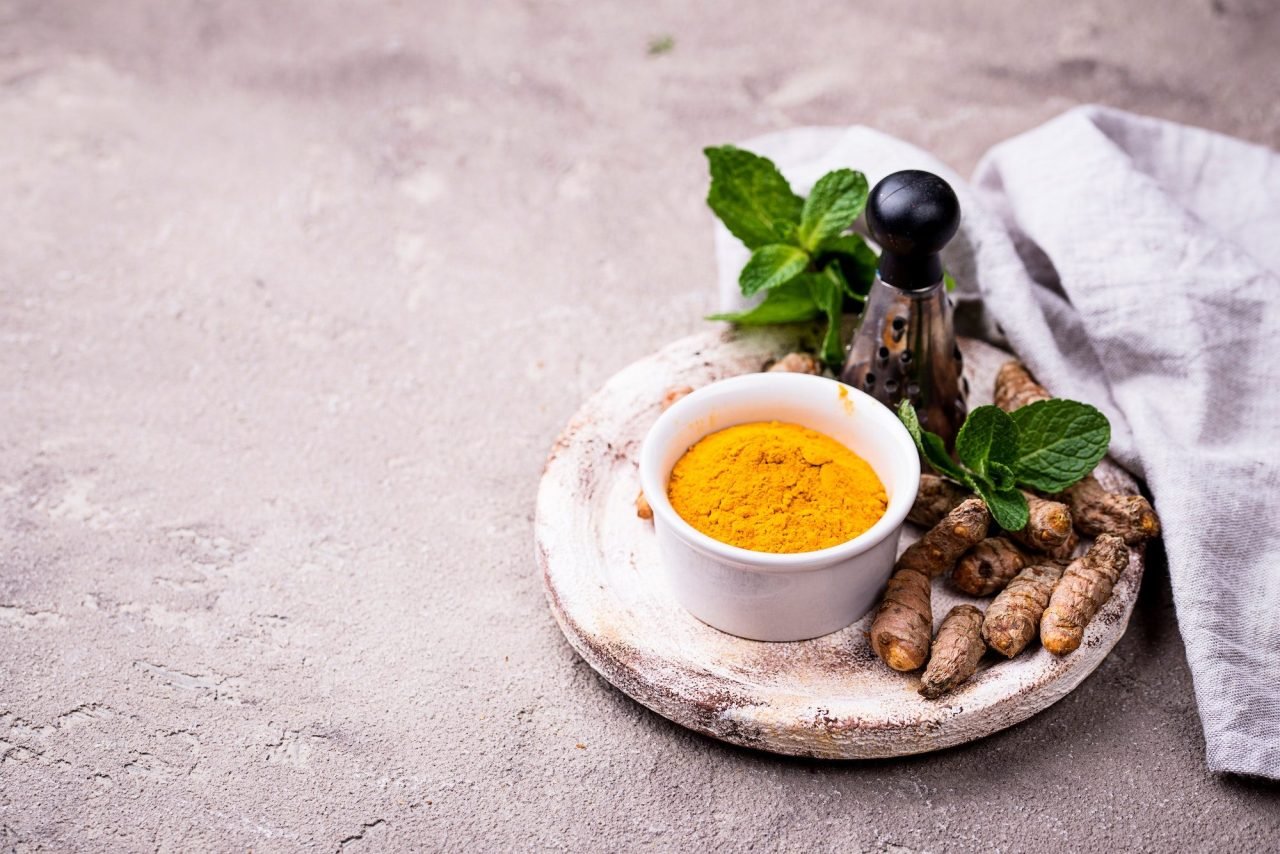Introduction to Ayurvedic Herbal Remedies for Fertility
Ayurveda, a traditional system of medicine that originated in India over 3,000 years ago, emphasizes a holistic approach to health and wellness. The core philosophy of Ayurveda revolves around the concept of balance—between the body, mind, and spirit—as well as a harmonious interaction with the environment. In the realm of fertility, this ancient practice provides a comprehensive perspective that addresses not just the physiological aspects of reproduction but also the emotional and spiritual dimensions, recognizing that each of these components can significantly influence reproductive health.
Understanding fertility through the lens of Ayurveda involves evaluating the body’s primary energies, known as doshas—Vata, Pitta, and Kapha. Each individual possesses a unique combination of these doshas, which affects numerous physiological functions, including reproductive health. By identifying imbalances in these energies, Ayurvedic practitioners can create personalized treatment plans that utilize herbal remedies to support fertility. Such plans often include lifestyle changes, dietary adjustments, and stress management techniques, all aimed at enhancing overall well-being.
The use of herbal remedies in Ayurveda plays a crucial role in promoting reproductive health. Various herbs have been recognized for their ability to enhance reproductive functions, regulate menstrual cycles, improve hormonal balance, and increase vitality. These natural solutions not only aim to address underlying physical issues but also help to alleviate emotional stress and anxiety often associated with fertility challenges. Consequently, incorporating Ayurvedic herbs into one’s wellness routine can cultivate an environment conducive to fertility, thereby empowering individuals on their reproductive journeys.
This blog post will discuss five key Ayurvedic herbs—ranging from Ashwagandha to Shatavari—that have been traditionally used to improve fertility and overall reproductive health. Through understanding these herbal remedies, individuals seeking to enhance their fertility can explore natural, age-old solutions that align with Ayurvedic principles.
Ashwagandha: The Stress-Buster for Reproductive Health
Ashwagandha, scientifically known as Withania somnifera, is an adaptogenic herb widely recognized in Ayurvedic medicine for its remarkable ability to reduce stress and enhance vitality. The relationship between stress and reproductive health is profoundly established; elevated stress levels can lead to hormonal imbalances, affecting both male and female fertility. By incorporating ashwagandha into one’s wellness regimen, individuals can potentially mitigate these adverse effects, thereby fostering a healthier reproductive environment.
This herb plays a vital role in balancing hormones, which is crucial for regulating ovulation in women and promoting sperm production in men. Research has suggested that ashwagandha may enhance libido by stimulating various neurochemicals associated with sexual arousal. It can increase testosterone levels, which are essential for healthy sperm development, resulting in improved sperm quality and motility. Enhanced sperm parameters may contribute to a higher likelihood of conception.
A significant attribute of ashwagandha is its calming effect on the mind and body. Chronic stress is linked to the elevated production of cortisol, a hormone that can inhibit reproductive functions. By exhibiting adaptogenic properties, ashwagandha helps to modulate cortisol levels, resulting in a more balanced hormonal profile. This balance is essential not only for improving fertility but also for promoting overall reproductive health.
Moreover, ashwagandha’s antioxidant properties can further safeguard reproductive organs from oxidative stress, which can negatively impact fertility. Regular consumption of this potent herb may pave the way for enhanced reproductive outcomes and a more robust sense of well-being, making it a key player in the journey toward improved fertility.
Shatavari: The Women’s Herb for Hormonal Balance
Shatavari, scientifically known as Asparagus racemosus, has long been celebrated in Ayurvedic medicine as the quintessential herb for women’s reproductive health. Often referred to as the “queen of herbs,” Shatavari is renowned for its remarkable ability to promote hormonal balance, making it an indispensable ally for women, especially those planning to conceive. This herb is traditionally believed to nurture and rejuvenate the female reproductive system, thus enhancing fertility potential.
The primary mechanism through which Shatavari supports hormonal balance is its adaptogenic properties. Adaptogens are natural substances that help the body adapt to stress and maintain homeostasis. In the case of women’s health, Shatavari assists in modulating hormone levels, which is vital for regulating menstrual cycles and supporting ovulation. By balancing estrogen and progesterone, Shatavari helps alleviate symptoms associated with premenstrual syndrome (PMS) and other menstrual irregularities, thereby fostering a more regular and healthy menstrual cycle.
Additionally, Shatavari is rich in phytoestrogens, plant compounds that mimic estrogen in the body. These constituents may help nourish and enhance the function of the ovaries, ultimately improving ovulation and increasing the chances of conception. Its nourishing properties also extend to the uterus, where it helps create a healthy environment conducive to a successful pregnancy.
Beyond its benefits for fertility, Shatavari also supports overall reproductive health. It serves as a tonic that nourishes the body and promotes vitality, a crucial aspect for women during the preconception period and beyond. Incorporating Shatavari into one’s wellness routine could be a progressive step for women seeking to enhance their reproductive health naturally. The harmonizing effects of Shatavari make it a valuable herb in the Ayurvedic repertoire aimed at achieving and maintaining hormonal balance.
Other Significant Herbs: Triphala and Moringa
In addition to ashwagandha and shatavari, two other noteworthy herbs in the realm of fertility enhancement are triphala and moringa. Each of these herbs offers unique benefits that can aid in supporting hormonal balance and overall reproductive health. Triphala, a traditional Ayurvedic formulation consisting of three fruits—amalaki, bibhitaki, and haritaki—is renowned for its detoxification properties. It helps eliminate toxins from the body, promoting a balanced internal environment conducive to fertility.
The detoxifying effects of triphala enable it to harmonize the body’s various systems, including the endocrine system, which is critical for hormone regulation. Many fertility issues arise from hormonal imbalances, and triphala aids in restoring equilibrium by revitalizing digestive health and enhancing nutrient absorption. This, in turn, supports the body’s hormonal functions, thereby increasing the chances of conception. Furthermore, the antioxidants present in triphala can help reduce oxidative stress, a factor that adversely affects reproductive health.
On the other hand, moringa, often referred to as the “miracle tree,” is recognized for its rich nutritional profile, including vitamins, minerals, and essential amino acids. This herb’s contribution to fertility lies in its ability to enhance hormonal balance and boost immune function. By providing essential nutrients, moringa helps create a robust foundation for reproductive health. Its anti-inflammatory properties also play a crucial role in supporting overall wellness, potentially reducing the hormonal disruptions that can impede fertility.
When combined with ashwagandha and shatavari, triphala and moringa create a holistic and comprehensive approach to fertility enhancement. Together, they work synergistically to nourish the body, balance hormones, and promote an optimal environment for conception. Such an integrative strategy not only addresses fertility challenges but also fosters general health and well-being, making these herbs indispensable in a holistic fertility regimen.





